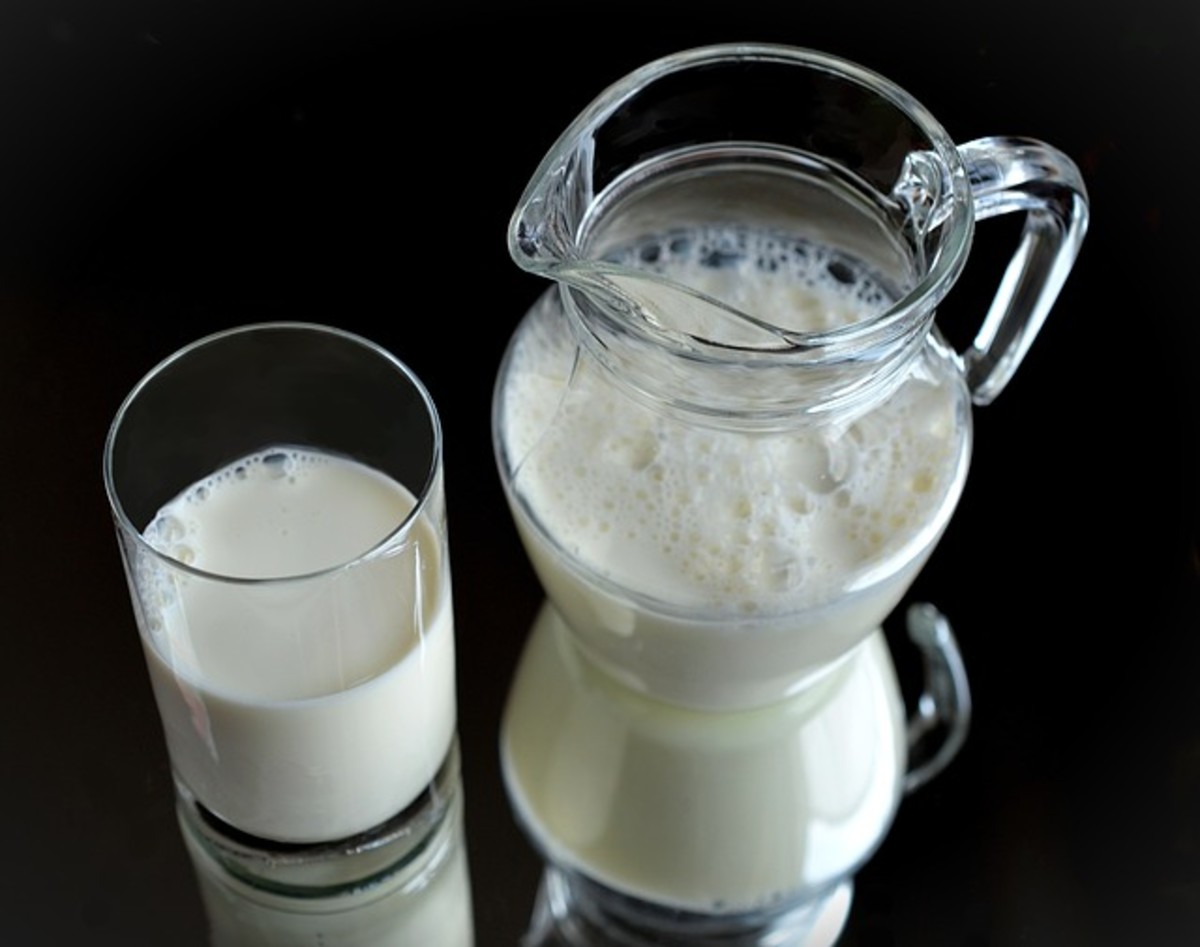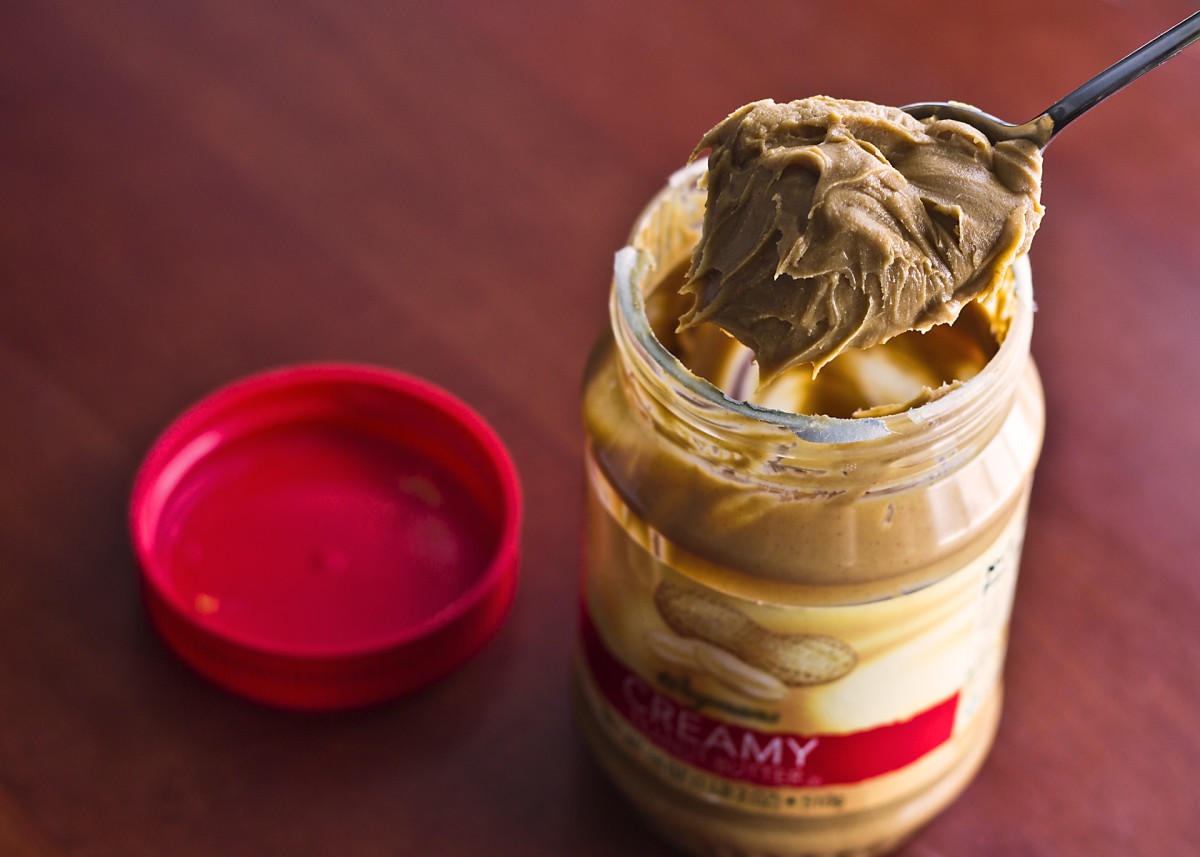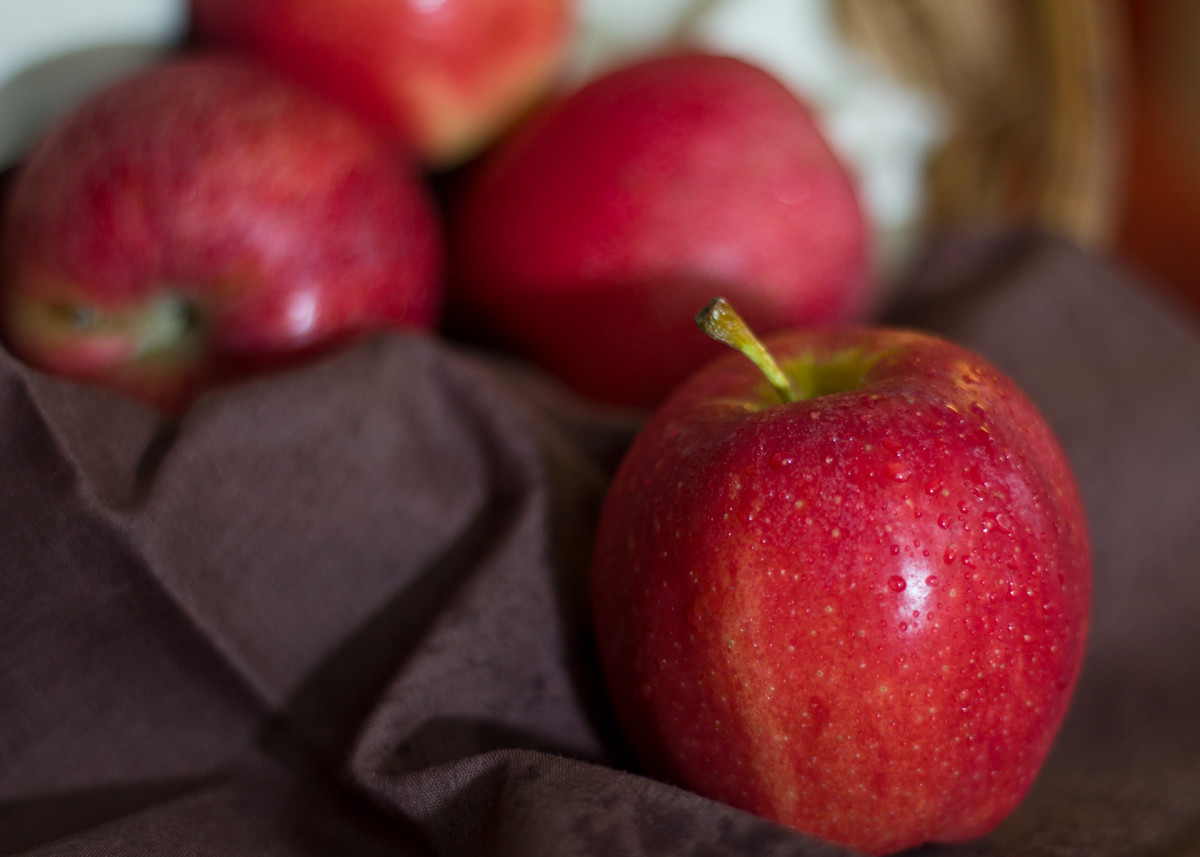Changing your body one bite at a time!

Changing your body one bite at a time
“Chewing!” you gasp, accidentally spitting out the half-chewed lettuce leaf you were eating for dinner. “What does chewing your food have to do with weight-loss?”
The answer is, quite a lot really. For a start, we were designed with teeth so they have to have a purpose. They weren’t put there purely for decoration. If we were meant to slurp protein milkshakes or even more disgusting vile diet drinks that make our toes curl, we would have been born with large fleshy pursed lips and bare gums specially adapted for sucking that gunk through a straw. No, we were born with teeth so that we could chew.
There is a special art to chewing. Many people wolf their food down before the rest at the table have even finished dishing up. This was definitely the case in my house when I was growing up; the fastest finishers of the seven kids got to have seconds. That’s why my sister is so tiny compared to the rest of us; she didn’t have the competitive eating gene. She would sit at the table chewing every bite twenty times and watching us devour everything in sight at record speed with a bemused expression on her face. She obviously knew something we did not. That chewing your food does marvelous things for your digestion and is an easy, free way to lose weight or keep the kilos off. The tragedy is, we spend a fortune on weight-loss programs, diet pills, and all focusing on what we should be eating. Nobody actually focuses on telling us how we should eat.
Chewing each bite at least twelve times turns the food in your mouth into a soft mucous mass. This assists digestion in that it is easier to move down the oesophagus with peristalitic movements where when mixed with bile becomes a partly digested liquid called chyme. In fact, twenty chews is optimum. Chewing your food longer gives your brain a chance to send messages down to the different parts of your digestive system to release enzymes which assist with digestion. If you don’t chew your food properly, the brain isn’t sure how to react, so you never get full. Chewing slowly, your brain informs the rest of your body that you are full, so you eat less. That’s why many people chew gum as a means to lose weight. They think they are fooling the brain, but they’re not. All they are doing is misleading the brain which sends messages out for enzymes and stomach acids to be released. But no food ever moves down the oesophagus to be digested. Also, all that saliva that gets released by the salivary glands in your mouth? What a complete waste of energy! My theory, is that chewing too much gum will eventually cause stomach ulcers as the acids released eat away at your stomach lining.
The hormones which give the sensation of being full only come into play about 20 to 40 minutes after you’ve ingested some food. Chewing each bite twelve times gives your hormones time to work. When you race through your meal, your hormones can’t keep up with you as they have a different agenda, with a result that you need to eat twice as much to get that feeling of fullness than you’d eat if you were chewing slowly. So if you are a speed eater, unless you are an exercise-junkie as well, you will struggle to maintain the correct weight for your body-type. Despite what many say, at the end of the day the way to lose weight is to eat less. You are what you eat.
We have to chew our food to make sure that not only is it digested properly, but that we get maximum benefit out of what we ingest and that the nutrients are properly absorbed. Chewed food has a much larger surface area than unchewed food, so more of the enzymes are able to reach the food and break it down.
Besides the sound medical reasons why we have to slow down the eating process and chew our food more thoroughly before swallowing, there are also social reasons why we need to stop wolfing down our food. Have you ever been at a dinner party when one of the guests has attacked their plate of food like there’s no tomorrow? Not only is it off-putting to watch, but speed-eating like that limits dinner conversation. When you are shoveling food into your mouth at a rate of knots you can’t do much in the way of chatting. However, a leisurely dinner where people chew their food and eat slowly encourages conversation to take place. Imagine how boring a dinner party would be if everybody sat in silence and the only sounds were the slurping and gulping as people all tried to out-speed eat the other. And, imagine how horrified the host or hostess would be, that none of the guests were taking the time to actually savour the food that they had taken hours to prepare. When you wolf down your food and load in the next forkful before swallowing what’s already in your mouth and fail to chew your food properly, you fail to taste it. Chewing the food helps to unlock the flavours.
When you slow down and chew your food you are less likely to overeat. You are also less likely to feel bloated or suffer from indigestion. There was a study done on a group of men, the results were published in the Journal of Clinical Endocrinology & Metabolism in January 2010. The men were divided into two groups – the speed-eaters and the slow chewers. The study showed that if both groups of men ate an identical serving of food, in those who ate slowly and chewed their food, more hormones were released that made them feel full compared to those who ate quickly without chewing. A study published in the Journal of the American Dietetic Association in 2008, got a group of woman to eat a lunch meal until they felt full. They were not allowed to rest between bites, had to eat quickly as if they were in a rush, and with a large spoon. The same group of women were brought back for another lunch; this time they were given different instructions. They had to use a small spoon, rest between bites and chew the food 20-30 times. Although the meal took 20 minutes longer than the previous one, they all ate far less food and left feeling sated.
Which brings us back to chewing and weight loss. There have been many studies which show a connection between speed-eaters who eat until they’re full and obesity. My son is one of the fastest eaters on the planet, often consuming two to three heaped plates of food in the time the rest of us finish one. We all admonish him for this, as he shovels the food in so fast there is no way he could possibly be tasting it. I often tease him and say I could feed him shit on a saucer and he wouldn’t know the difference. His saving grace has been that he’s always been very active and played a lot of sport. However, as soon as he stopped being so active the weight started to pile on. He became a young man with a jelly belly. Making him slow down and chew his food, resulted in him eating less and losing weight. Losing weight gave him more energy, which meant he could become more active again.
Another way to fool your brain is to dish your food up on a side-plate rather than on a dinner plate. When your eyes let your brain know that you have a heaped plate, your brain doesn’t bother to ask about the size of the plate. Then when you have seconds, you are basically eating what you would have eaten on a big plate. Because let’s face it, many of us are in the habit of going for seconds even if we are feeling full. Our lack of willpower is such that we have learned to ignore feelings of fullness, and eat until we are ready to explode and are so uncomfortable we can barely move. We eat because it is there and that is what we have trained ourselves to do. We just have to re-train ourselves. Cutting your food up into bite-sized pieces is another way to fool your brain. Not only will that force you to eat slower when you chew each bite, but the perception transmitted to your brain will be that you have a lot of food on your plate. As a result, you will feel fuller after eating less.
Going on a liquid diet is only good for the short term. There is nothing to chew when you only consume liquids. Chewing is part of the natural progression of our food intake. As you can see there are many benefits from eating slowly and chewing your food. Weight loss is a definite benefit as chewing slowly costs nothing, other than time. Rushed hastily gulped down meals need to be a thing of the past. You need to set aside enough time for your meals. No more eating on the run. Have chewing competitions to see who can chew their food the most before swallowing. As you become fuller quicker, you’ll be able to cook less and cut down on your food bills. You can change your body one bite at a time.
Points to remember:
1. Chew your food 20 times.
2. Enjoy each bite!
3. Put your fork down while chewing.
4. Wait a few minutes before going for that second helping.
5. Chewing well is also known to be one of the best cures for constipation
Remember this is the easiest, cheapest and most fun way you can lose weight. Once you get used it, it will become a habit.
This hub is a chapter from our work in progress, Redesigning yourself for the multitasking generation, written by Cindy Vine and world-renowned homeopath, Jeremy Sherr.
Like my Facebook Fan Page http://facebook.com/cindyvinefanpage











